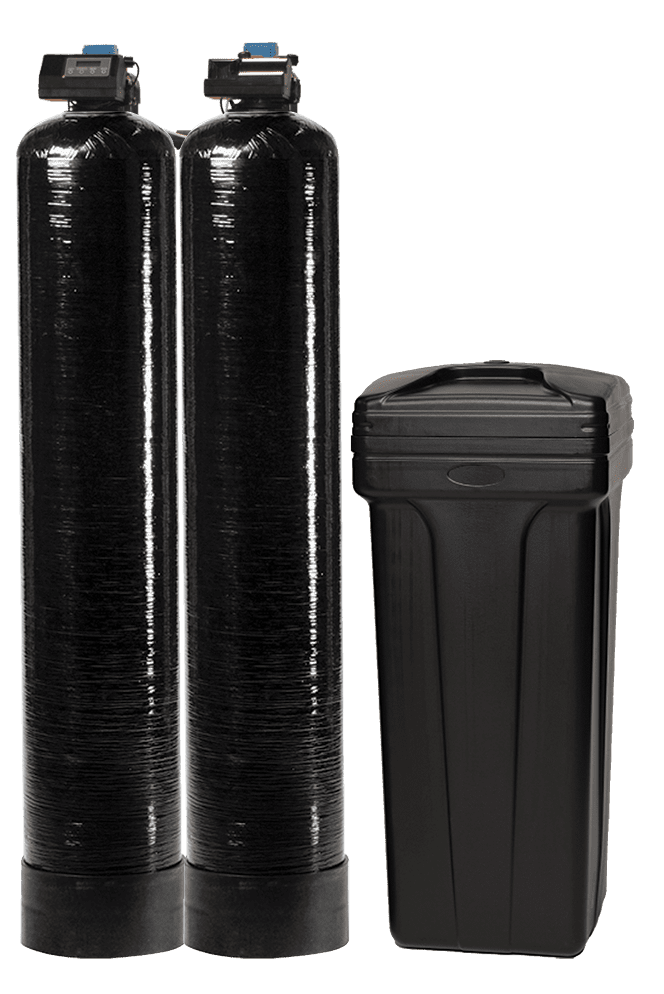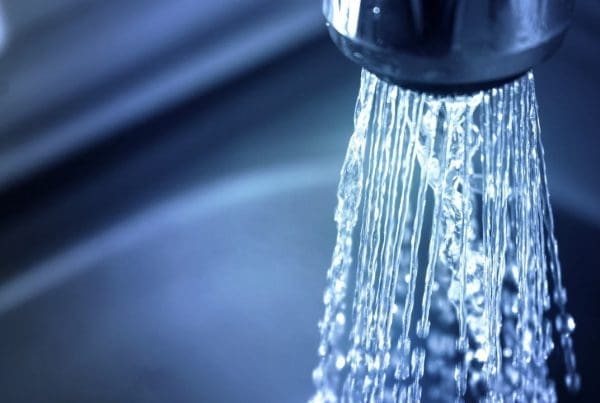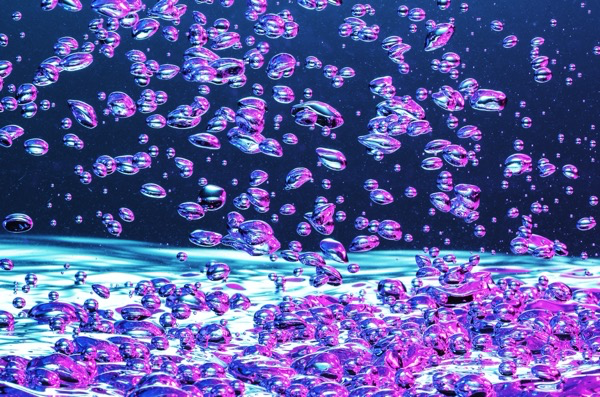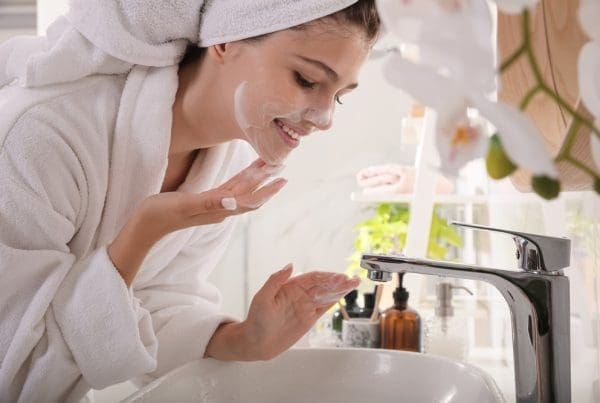
Is the Cost of a Water Softener Worth It?
Even though many homeowners are dealing with a myriad of water problems like hard-water stains, inefficient appliances, and excessive soap and detergent use, they are still unsure if a water softener is worth the cost. While it is wise to be frugal and avoid wasteful spending, water softeners actually help you solve many common water-related problems around the home and they save you money.
In this article, we’ll discuss some of the common misconceptions about water softener costs as well as how they can cut costs around the home.
Is Hard Water Really That Big a Deal?
Nutritionally speaking, there is nothing wrong with hard water. It is completely healthy to drink. Here’s the low down on hard water. Hard water can create a multitude of problems in your home. Over time, hard water will clog your pipes reducing water flow The minerals will build up in all your valves and fixtures reducing their lifespan and efficiency.
Hard water will also significantly reduce the efficiency and life span of your water heater. The build-up in your water heater causes it to use more energy to heat the water. All appliances that use water will see significantly fewer life spans as well. Refrigerators, washing machines, dishwashers, sinks, and toilets will all benefit from soft water.
Does a Water Softener Require a lot of Energy?
A water softener doesn’t use as much energy and salt as you might expect. The total energy required to run a water softener over the course of one year is the same as an alarm clock uses in a year. And because most new softeners regenerate only when you need them to, water and energy use are optimized. For an average family of four, the water softener runs less than five times a month.
As for the salt, most families use fewer than 10 bags of salt over the course of a year to get the soft water they want. Newer water softener models are highly efficient, using much less salt than their predecessors.
Why Does My Skin Feel “slimy” With Soft Water?
It’s harder to work up a lather in hard water, yet rinsing in softened water may leave you feeling slippery or slimy. If you have or are considering a softener for your water, please note: salt softened water feels different from hard water, and to some people, the feeling of softened water will take some time to get used to. For most, the benefits of softened water far outweigh the slippery-when-wet feeling.
Two factors contribute to that slippery-when-wet feeling you can get after soaping up with softened water.
- Soap lathers better in soft water than in hard water, so it’s easy to use too much. The more dissolved soap there is, the more water you need to rinse it away. A simple rule to feel less slippery is to use less soap.
- The ions in water softened with a salt-based softener lessen its ability to ‘stick’ to the soap molecules, making it more difficult to rinse the cleanser off your body. Essentially, soap would rather stick to you than get rinsed away.
Hard water can create build-up on your hair and make it look dry and brittle. It can also dry out your skin—so soft water can be better for skin conditions like eczema. The smoother feeling can take a little bit of time to get used to, but once you do you’ll never go back to hard water!
Can a Water Softener Actually Save Me Money?
This question looms large, especially when confronted with the initial cost of a water softening system. Water softener systems soften your water reducing all the problems for your home I listed above. You will also have increased energy savings from the water heater using less energy to heat water. Because soft water will work up a lather easier, you’ll use less soap and detergent for cleaning your body and clothes.
What Kind of Water Softener Does My Home Need?
There are obvious negative impacts to your home if you have hard water. And these can be eliminated with a water softening system. My first bit of advice would be to actually have your water tested. If you have significantly hard water in your home, you would be wise to get some kind of water softener. C and J Water offer a Free Water Analysis that determines the hardness of your water.
We will come to your home and provide an analysis of your city or rural water and answer any questions you may have. Your visit will take 30 – 45 minutes and will be scheduled at a time that’s right for you. After the free analysis, we can discuss various equipment options for city water and well water alike.
So, is a Water Softener Worth the Initial Investment?
Take a look at your sink, washing machine, and coffee pot. Do you see stubborn soap scum and mineral deposits that can only be removed with extra scrubbing? Do you want crystal-clear water glasses and streak-less pots and pans? Hard water can damage water heaters, dishwashers, washing machines, ice makers, faucets, showerheads, and all the parts inside your toilet tank.
So, if you don’t want the extra cost of prematurely replacing the water-using appliances in your home, switching to soft water can put an end to that. Contact C and J Water to get more details about how investing in a water softening system can cut costs around your home.





